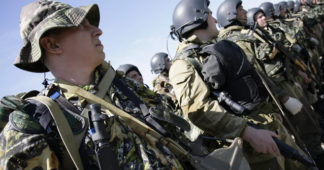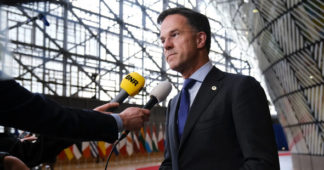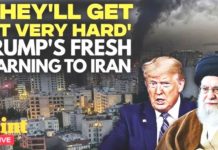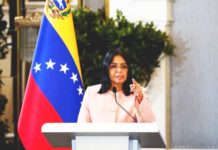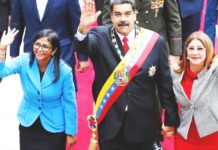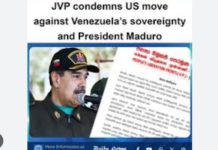Oct. 9, 2025
Azerbaijan took over the presidency of the Organization of Turkic States (OTS) at the group’s summit. President Ilham Aliyev emphasized the organization’s unifying role and, to strengthen the idea, proposed that OTS member states conduct joint military exercises in Azerbaijan in 2026. However, other leaders did not publicly react to the Azerbaijani president’s suggestion, Nezavisimaya Gazeta reported.
Alexander Kobrinsky, director of the Agency of Ethno-National Strategies, views the OTS as a precursor to a European Union-like entity in Central Asia. “It is noteworthy that the EU, which initially focused on economic matters, is now close to becoming a military bloc. The OTS is following a similar path, as it has a concealed agenda. The group’s roots can, one way or another, be traced back through Ankara into Central Asia, where [Kazakhstan’s first President] Nursultan Nazarbayev first proposed forming an economic union of Turkic nations, drawing interest from other leaders,” the expert remarked. “However, the real goal of the OTS differs, as it aims to undermine the Collective Security Treaty Organization (CSTO) and weaken regional leaders’ direct power, transferring their authority to supranational officials, similar to the EU model,” Kobrinsky added. “To achieve this, there is a need not only to handle economic matters but also to expand military potential. That is why the OTS will be steadily reshaped into primarily a military alliance of Turkic nations, with other aspects taking a secondary role. The key question here is who the military alliance will ultimately be directed against,” the expert concluded.
According to him, in this context, the lack of response to President Aliyev’s plan to hold joint exercises in 2026 is unsurprising. For Kazakhstan and Uzbekistan, a balanced foreign policy remains a core priority. However, history shows that pursuing an overly multivector policy could pose risks of internal instability in regions facing geopolitical divisions. Still, these states will eventually need to take a clearer stance toward the newly emerging centers of power.
We remind our readers that publication of articles on our site does not mean that we agree with what is written. Our policy is to publish anything which we consider of interest, so as to assist our readers in forming their opinions. Sometimes we even publish articles with which we totally disagree, since we believe it is important for our readers to be informed on as wide a speCtrum of views as possible.

